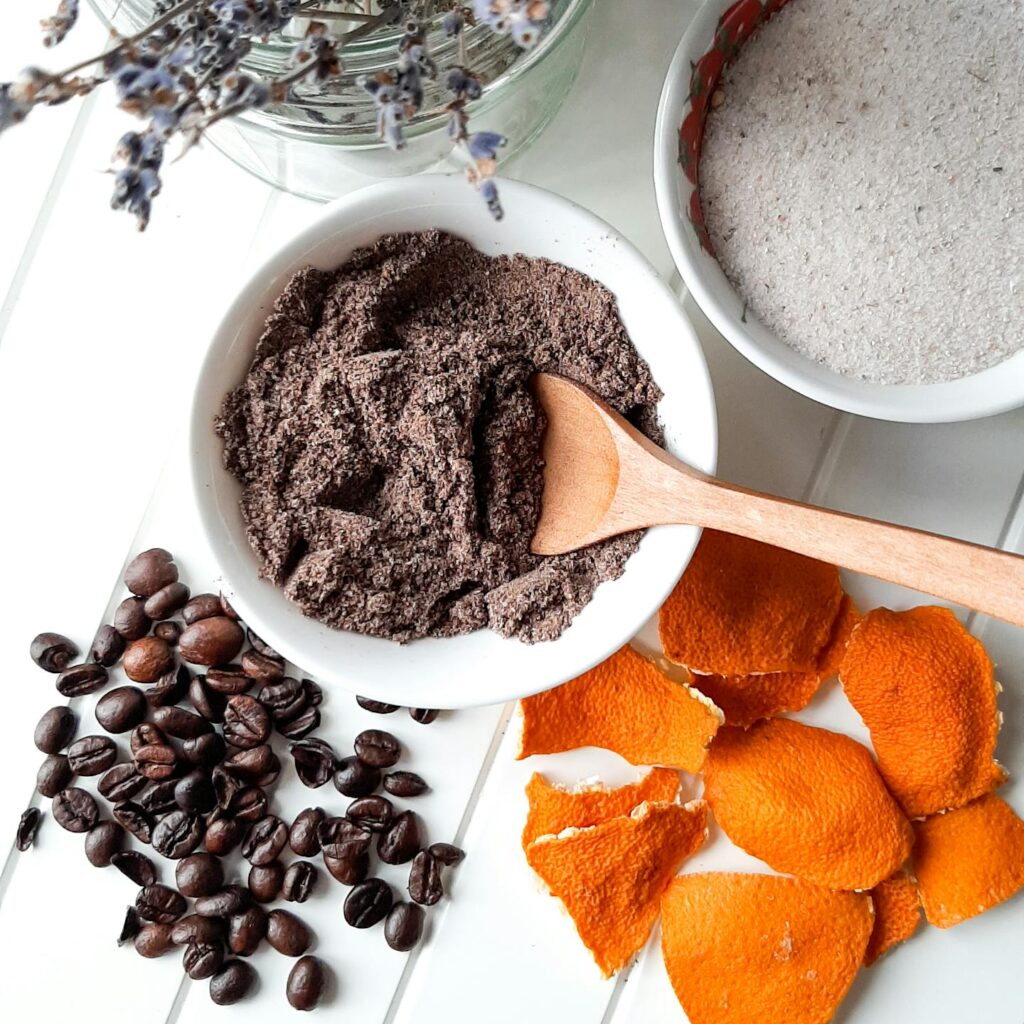Sustainability often gets a reputation for being expensive. Organic food, ethically made clothing, and non-toxic home goods tend to come with higher price tags, making it feel like sustainable living is only accessible to those with a lot of money to spend. And while it’s true that high-quality, eco-friendly products can cost more upfront, that doesn’t mean sustainability is out of reach if you’re on a budget.
In fact, living sustainably is often about consuming less, making thoughtful choices, and finding creative ways to reduce waste – all of which can actually save you money in the long run.
Here’s how to make more sustainable choices without breaking the bank.

1. Buy Less, Choose Wisely
One of the biggest misconceptions about sustainable living is that you need to replace everything you own with eco-friendly alternatives. That is absolutely not true!!
The most sustainable option is the one you already own, btw.
Instead of rushing to buy new sustainable products, start by using what you have for as long as possible. When you do need to replace something, consider:
🌲 Secondhand first: Thrift stores, online marketplaces (Ebay, Facebook Marketplace, etc.), and swap groups are great for finding clothing, furniture, and household items at a fraction of the price.
🌲 Investing in quality: Spending more on a well-made product that lasts years is often cheaper than repeatedly buying cheap, fast-fashion items that fall apart.
🌲 Looking for deals: Many sustainable brands offer sales, discounts, or secondhand sections (like Patagonia’s Worn Wear or REI’s Re/Supply).

2. Eat Sustainably Without Overspending
Buying organic, local, and ethically sourced food can add up quickly, but there are ways to eat sustainably on a budget:
🌲 Buy in bulk: Staples like rice, beans, oats, and nuts are often cheaper in bulk and reduce packaging waste.
🌲 Choose seasonal produce: Local, in-season fruits and vegetables are usually fresher and more affordable.
🌲 Reduce food waste: Meal planning, freezing leftovers, and repurposing scraps (like making broth from veggie peels) can save money and cut down waste.
🌲 Limit meat and dairy (or just go all in and go vegan!): Plant-based meals tend to be more budget-friendly and have a significantly lower environmental impact. Try incorporating more lentils, beans, and whole grains into your diet.

3. Make DIY & Reusable Alternatives
Sustainable alternatives don’t have to come from expensive eco-brands – you can make a lot of these yourself!
🌲 Cleaning supplies: White vinegar, baking soda, and castile soap can replace most store-bought cleaners.
🌲 Beauty products: DIY skincare (like coconut oil as a moisturizer or homemade coffee scrub) can save money and cut down on chemicals.
🌲 Reusable items: Instead of buying paper towels and disposable sponges, use rags or washable cloths. And a simple switch like a safety razor can save hundreds over time compared to disposable razors.

4. Travel & Commute Smarter
Sustainable transportation doesn’t have to mean buying an expensive electric car. Instead, try:
🌲 Walking or biking: Free, good for your health, and zero emissions.
🌲 Using public transit: Often cheaper than driving and better for the environment.
🌲 Carpooling: Share rides to cut costs and emissions.
🌲 Eco-conscious travel: Look for budget-friendly train or bus options instead of short-haul flights when possible.

5. Support Affordable Sustainable Brands
While many ethical brands have high prices, some offer more budget-friendly options. A few to check out:
🌲 Pact: Affordable organic cotton basics.
🌲 EcoRoots: Low-waste personal care items.
🌲 GreenLife: Budget-friendly non-toxic cookware.
🌲 Thrift+: Secondhand clothing online with a sustainability focus.
If a brand you love is out of your price range, look for secondhand options or keep an eye out for seasonal sales and discount codes.
Sustainable living doesn’t have to be all or nothing, and it doesn’t have to be expensive. Little changes like buying secondhand, reducing waste, and making mindful purchases can have just as much impact as buying high-end eco-friendly products.
At its core, sustainability is about using less, wasting less, and making the most of what you have – and that’s something anyone can do, no matter the budget.
